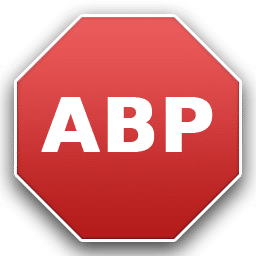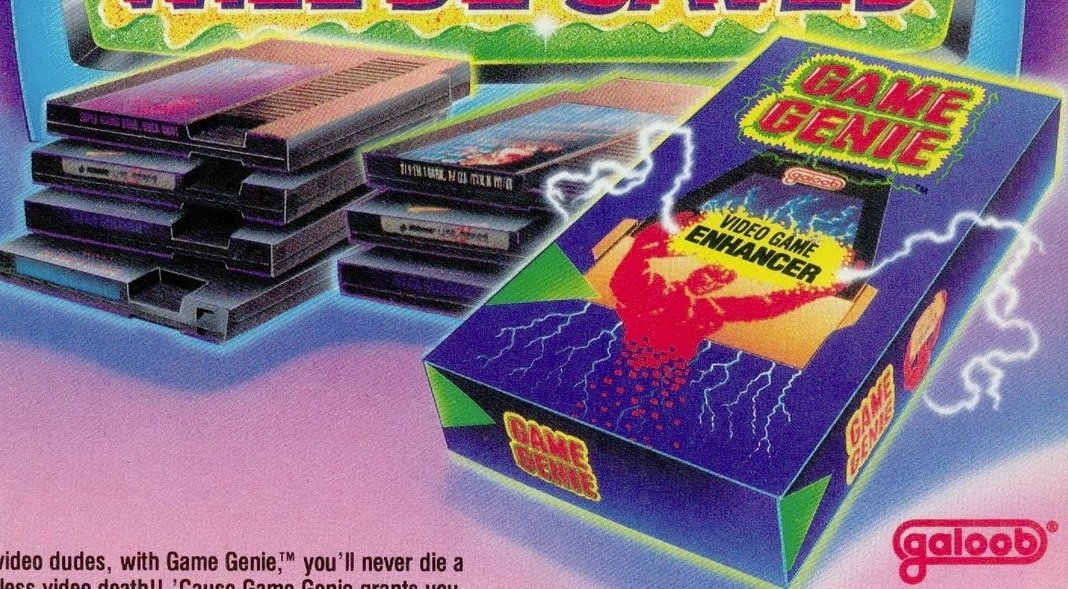My 11 Favorite Posts That Almost No One Read
Not every post is a winner, but here are some pretty losers...
 Any blogger will tell you that every post can’t be a winner. Sometimes you’ll toil for hours on a post only to send it out to a chorus of crickets.
Any blogger will tell you that every post can’t be a winner. Sometimes you’ll toil for hours on a post only to send it out to a chorus of crickets.
But, that’s life. I have over 2,000 full-length posts on this site and, though many have done very well and had a lasting impact on the discussions surrounding copyright and plagiarism, others were just duds.
But that doesn’t mean I don’t love some of my duds. Just because a post didn’t get traction doesn’t mean I’m not proud of it. Rather, I think some of my “dud” articles ended up being some of my best work.
So, today we’re going to take a look at some of them in chronological order. Here are 11 articles that, despite being at least pretty good, didn’t get a lot of attention their first pass.
(Note: Due to the age of some of the posts and the spottiness of stats, some of the earlier posts on this list might not have a fair comparison to their contemporaries. That said, they are still underperforming. in 2018 compared to posts from a similar time.)
1: Proper Use of the DMCA – June 22, 2006
In the early days of the site, Plagiarism Today was much more focused on practical how-tos when it came to detecting and fighting plagiarism online. This post, despite being relatively brief, explains how to use the Digital Millennium Copyright Act (DMCA) to remove infringing works and places a heavy emphasis on ensuring that the use isn’t a fair use. While there are details I don’t agree with anymore, such as always trying to resolve things in private first, the post holds up surprisingly well with 12 years of retrospective.
2: The Need to Modernize the DMCA Agent List – August 21, 2007
While I don’t want this to be a list of “I told you so” articles, this 2007 article points to the issues with the U.S. Copyright Office’s system for registering DMCA agents. Nine years later, the U.S. Copyright Office would announce new DMCA agent rules and the new system would go into effect at the beginning of this year.
3: Whois Service Comes Under Fire – October 30, 2007
In another case of “it only took 11 years”, in late 2007 Internet Corporation for Assigned Names and Numbers (ICANN), the organization that maintains the Domain Name System (DNS), attempted to address privacy issues in the WHOIS system. This article covered the proposal and what it would likely mean for those fighting infringement. Those 2007 efforts were defeated but, just last week, WHOIS was severely limited over due to privacy concerns and the EU General Data Protection Regulation (GDPR) law.
4: Happy Birthday for Whom? – August 13, 2009
In honor of my 29th birthday, I took a deep dive into the copyright status of Happy Birthday to You. At the time, rights in the composition were being enforced but academics felt that it was unlikely to still be copyright protected. However, it wasn’t until litigation over the song forced a 2015 settlement, which saw those claims of protection being dropped. It’s an interesting look back at how the song was viewed years before it would become a target of litigation.
5: The Top 4 Mistakes about Copyright the MSM Makes – September 21, 2010
Saddled with a terrible headline, this post outlines the four most common mistakes major news outlets make when reporting on copyright issues. Two years later I wrote a guide for journalists on distinguishing between patent, trademark and copyright (thus covering one of the issues) that performed much better. Still, this one is a great guide that, in my opinion, more journalists need to read.
6: Google Cracking Down on Plagiarists? – January 24, 2011
This post is interesting not because I was clairvoyant or called some future issue, but because I (nor anyone else) knew what was coming. In this article I reported on an earlier post on Google’s blog about an impending crackdown on spam and plagiarism. Given Google’s history, it seemed dubious at best. However, that change, which would launch a month later, would be the Panda/Farmer update and it would be the largest Google shakeup and anti-spam action ever. It was a death knell to article spinning and low quality content in general. While I’m somewhat glad this post underperformed, it’s a great article, especially in historical context.
7: 5 Copyright Wastes of Time – October 6, 2011
A lott of webmasters and businesses do a lot of silly things that they think will protect their copyright. Whether it’s placing badges and buttons all over their site or using fake copyright registration services that provide no protection at all. This article should be a warning to webmasters and small business owners, these copyright “protection” steps are a complete waste of time.
8: The Not-So-Great SOPA Debate – December 15, 2011
It might seem amazing that an article written about the SOPA/PIPA controversy near the height of the tension would underperform, but it did. The articles before and after it received double its traffic. While I had no particular love or hate for SOPA, the debate around it was truly horrible. Most of the arguments against it were misleading or outright dishonest and, whether or not the internet is better off without the bill, it’s definitely worse off for the debate. However, we’re seeing echoes of the pattern in 2018 with the CLASSICS Act and we are still no closer to addressing the tough questions we need to answer about copyright law.
9: Ad Blockers, Readability Plugins and Your Content – November 12, 2012
Most of the conversation around ad blocking deals with finding ways to block or dissuade those who use the tools. However, this article looks at ad blocking (as well as users of readability plugins) and finds ways to dissuade them through design and presentation, not technology. It’s’ a simple idea, make a site that is readable and usable from the get go and fewer people will block or otherwise hide ads. A simple idea far too few sites follow.
10: The Strange Copyright Case of the Game Genie – January 15, 2013
Many of the most popular articles on this site are copyright or plagiarism stories. Whether its how a copyright mistake created the modern zombie movie or why Peter Pan has a never ending copyright, a good story usually gets a lot of interesting. Not so with this article, which tells the tale of how Nintendo attempted (and failed) to sue over the Game Genie back in the 80s. While the case may not have had a huge impact on copyright law, it’s certainly an interesting story nonetheless.
11: Comparing Citations to Detect Plagiarism – August 20, 2013
Not all plagiarism can be detected through text matching alone, especially in research. This article is actually a follow up on a two-year old study that said it may be possible to detect plagiarism by looking at citations. However, in 2013 another group of researchers developed a prototype system that but the thought into practice. The approach has gained some traction since then but still is not widely used enough, especially in research settings.
Bottom Line
They can’t all be winners but these eleven are some of my favorite “losers” on the site. They might not have gotten on the front page of Reddit, Slashdot, Digg or whatever site was relevant when they were posted, I still loved and love them.
Interestingly, this list could easily be three times as long as, going through the old articles, I found dozens of other hidden gems that may come out in a later piece.
In the meantime, hopefully these eleven lesser-known pieces will give you something to read!
Want to Reuse or Republish this Content?
If you want to feature this article in your site, classroom or elsewhere, just let us know! We usually grant permission within 24 hours.
